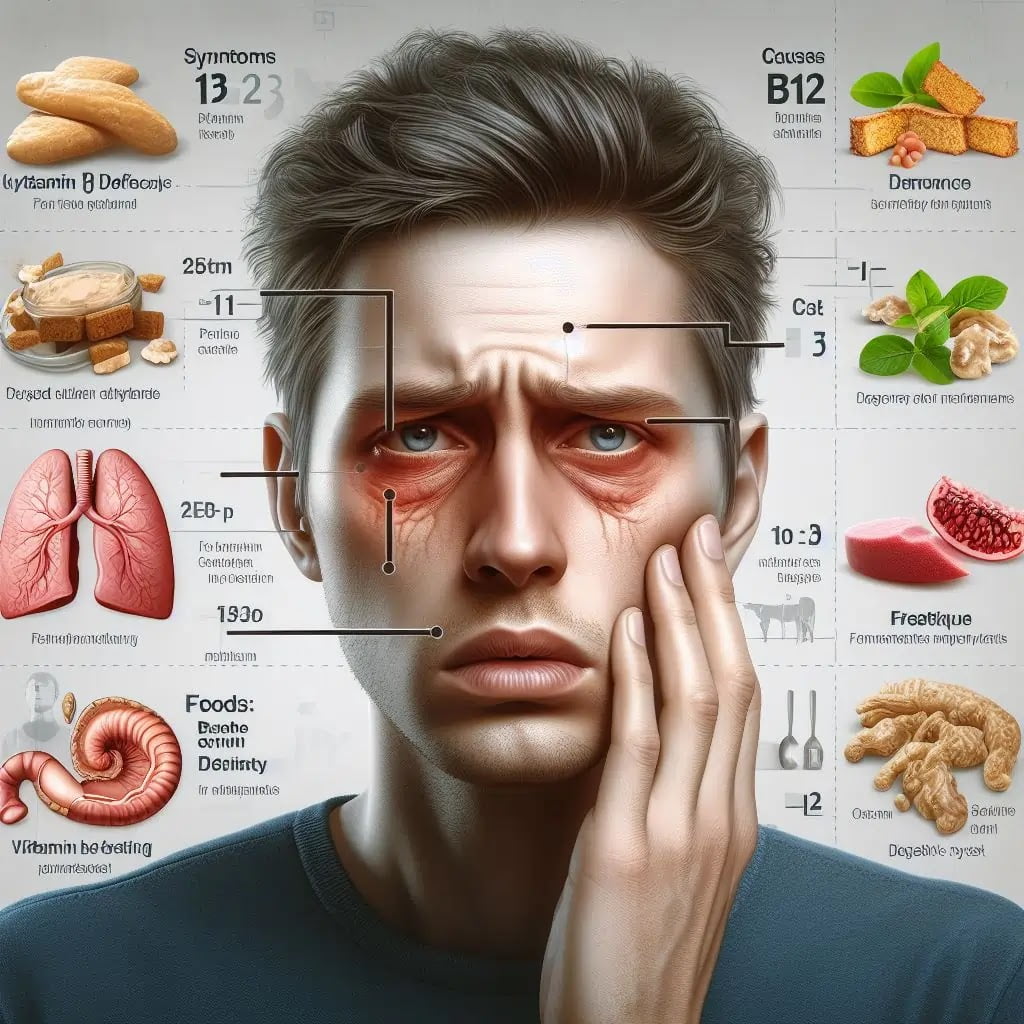Hormones are chemical messengers that regulate many aspects of our health and well-being, including our mood. Some hormones, such as dopamine, serotonin, oxytocin, and endorphins, are known to promote positive feelings, such as happiness, pleasure, and
satisfaction. These are often called the “happy hormones”.
However, due to various factors, such as stress, lifestyle, aging, and medical conditions, the levels of these hormones may fluctuate or decline, affecting our emotional state and quality of life. Fortunately, there are some natural ways to boost your happy hormones and feel good every day. Here are some of them:
1. Get enough sunlight
Sunlight is a natural source of vitamin D, which is essential for the production of serotonin, the hormone that stabilizes our mood and helps us feel calm and relaxed. Exposure to sunlight also stimulates the release of endorphins, the hormones that act as natural painkillers and mood enhancers. Aim for at least 15 minutes of sun exposure a day, preferably in the morning or afternoon, and protect your skin with sunscreen and clothing.
2. Exercise regularly
Physical activity is one of the most effective ways to increase your dopamine and endorphin levels, as well as improve your blood circulation and oxygen delivery to your brain and body. Exercise also helps reduce stress, anxiety, and depression, which can lower your happy hormone levels. Choose an activity that you enjoy and that suits your fitness level, such as walking, jogging, cycling, swimming, dancing, or yoga. Try to exercise for at least 30 minutes a day, three times a week, or more if possible.
3. Laugh often
Laughter is the best medicine, as the saying goes, and for a good reason. Laughter triggers the release of endorphins, dopamine, and serotonin, creating a positive feedback loop that makes us feel happier and more relaxed. Laughter also lowers the levels of cortisol, the stress hormone, and boosts the immune system. Find ways to laugh more in your daily life, such as watching a funny show, reading a humorous book, listening to a comedy podcast, or spending time with people who make you laugh.
4. Eat healthy foods
What you eat can have a significant impact on your hormone levels and mood. Some foods can help increase the production and release of your happy hormones, while others can interfere with them or cause inflammation and oxidative stress. Some of the
best foods to boost your happy hormones are:
Dark chocolate
Dark chocolate contains flavonoids and antioxidants that can stimulate the production of endorphins and serotonin. It also contains phenylethylamine, a compound that can enhance your mood and cognitive function. However, moderation is key, as too much chocolate can have negative effects on your health. Aim for one or two squares of dark chocolate (at least 70% cocoa) a day.
Bananas
Bananas are rich in tryptophan, an amino acid that is converted into serotonin in the brain. They also contain vitamin B6, magnesium, and potassium, which are important for the synthesis and function of neurotransmitters. Bananas can help improve your mood, sleep quality, and energy levels. Eat one or two bananas a day, preferably in the morning or as a snack.
Nuts and seeds
Nuts and seeds are excellent sources of healthy fats, protein, fiber, and minerals, such as zinc, magnesium, and selenium, that are essential for the production and balance of hormones. They also contain tyrosine, another amino acid that is involved in the synthesis of dopamine and other catecholamines. Nuts and seeds can help boost your mood, memory, and cognitive performance. Some of the best nuts and seeds to eat are walnuts, almonds, cashews, pistachios, sunflower seeds, pumpkin seeds, and flaxseeds. Eat a handful of nuts and seeds a day, raw or roasted, or add them to your salads, smoothies, or oatmeal.
Eggs
Eggs are one of the most nutritious foods you can eat, as they contain high-quality protein, healthy fats, and various vitamins and minerals. Eggs are especially rich in choline, a nutrient that is important for the production and function of acetylcholine, a neurotransmitter that regulates mood, memory, and cognition. Eggs also contain tryptophan, tyrosine, and vitamin B12, which are involved in the synthesis of serotonin and dopamine. Eggs can help improve your mood, concentration, and mental clarity. Eat one or two eggs a day, boiled, scrambled, or poached, or add them to your sandwiches, salads, or soups.
5. Practice gratitude
Image courtesy: Freepik
Gratitude is the act of being thankful and appreciative of what you have and what you experience in life. Gratitude can increase your levels of oxytocin, the hormone that is associated with love, trust, and bonding. Oxytocin can also reduce stress, anxiety, and depression, and enhance your social and emotional well-being. Practicing gratitude can help you feel happier, more satisfied, and more optimistic. Some ways to practice gratitude are:
Keep a gratitude journal
Write down three things that you are grateful for every day, no matter how big or small. This can help you focus on the positive aspects of your life and cultivate a sense of abundance and joy.
Express your gratitude
Tell someone how much you appreciate them and what they mean to you. This can strengthen your relationship and make both of you feel happier and more connected. You can also write a thank-you note, send a text message, or give a hug or a gift to show your gratitude.
Reflect on your gratitude
Take some time to meditate, pray, or simply think about the things that you are grateful for in your life. This can help you feel more calm, peaceful, and content. You can also use affirmations, such as “I am grateful for my health, my family, and my friends”, to reinforce your gratitude and a positive mindset.
These are some of the natural ways to boost your happy hormones and feel good every day. By incorporating these habits into your lifestyle, you can improve your physical, mental, and emotional health, and enjoy a happier and more fulfilling life.
Conclusion
In conclusion, hormones play a vital role in our mood and well-being, and some of them are known to promote happiness and positive feelings. These are the happy hormones: dopamine, serotonin, oxytocin, and endorphins. However, due to various factors, the levels of these hormones may fluctuate or decline, affecting our emotional state and quality of life. Fortunately, there are some natural ways to boost our happy hormones and feel good every day, such as getting enough sunlight, exercising regularly, laughing often, eating healthy foods, and practicing gratitude. By incorporating these habits into our lifestyle, we can improve our physical, mental, and emotional health, and enjoy a happier and more fulfilling life.
FAQs
Q: What are the benefits of boosting our happy hormones?
A: Boosting our happy hormones can have various benefits for our health and well-being, such as improving our mood, reducing stress, anxiety, and depression, enhancing our cognitive function and memory, strengthening our immune system and resilience,
and increasing our social and emotional connection and satisfaction.
Q: What are the signs of low happy hormone levels?
A: Some of the signs of low happy hormone levels are feeling sad, irritable, anxious, or depressed, having low energy and motivation, experiencing insomnia or poor sleep quality, having difficulty concentrating or remembering things, having low self-esteem or confidence, and feeling lonely or isolated.
Q: How can we measure our happy hormone levels?
A: There are different ways to measure our happy hormone levels, such as blood tests, saliva tests, urine tests, or brain scans. However, these methods may not be very accurate, reliable, or accessible, as the levels of hormones may vary depending on various factors, such as time of day, diet, activity, stress, and individual differences. Therefore, it may be more practical and useful to pay attention to our symptoms, feelings, and behaviors, and consult a doctor or a therapist if we suspect any hormonal imbalance or disorder.
Q: Can we take supplements or medications to boost our happy hormones?
A: There are some supplements or medications that can help increase the levels or effects of our happy hormones, such as vitamin D, omega-3 fatty acids, probiotics, antidepressants, or stimulants. However, these substances may have side effects, interactions, or contraindications, and they may not address the root causes of our hormonal imbalance or deficiency. Therefore, it is advisable to
consult a doctor before taking any supplements or medications and use them as a complement, not a substitute, for the natural ways to boost our happy hormones.
Q: How long does it take to see the results of boosting our happy hormones?
A: The results of boosting our happy hormones may vary depending on various factors, such as the type and intensity of the intervention, the baseline level of the hormone, the individual response and sensitivity, and the presence of other factors that may
affect our mood and well-being. However, some studies suggest that some of the natural ways to boost our happy hormones can have immediate or short-term effects, such as sunlight exposure, exercise, laughter, or chocolate consumption, while others may require more time and consistency, such as diet, gratitude, or social interaction. Therefore, it is important to be patient and persistent and to adopt a holistic and balanced approach to boosting our happy hormones.








